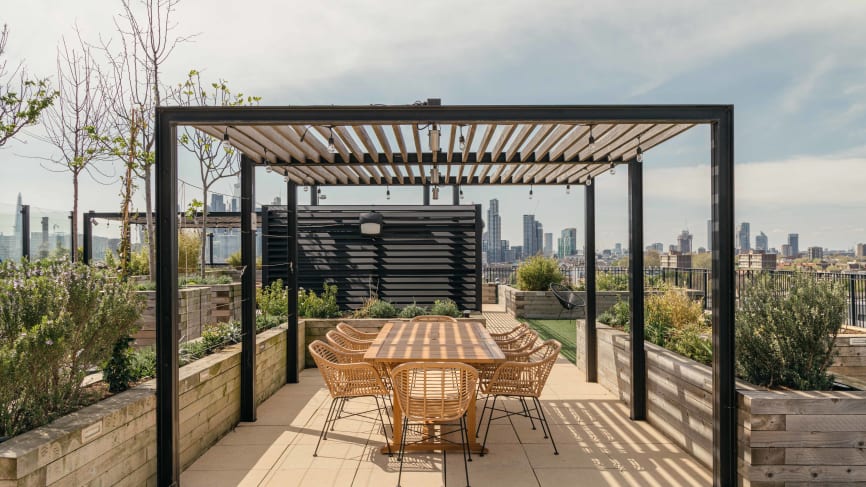The Difference Between Flats and Apartments: A Comprehensive Guide
If you’ve ever searched for a place to live, especially across international borders, you might have wondered about the terms "flat" and "apartment". Are they the same? Is one more luxurious than the other? Let’s dive into the world of real estate lingo and unravel the mystery.
Looking for more renting guides?
What is a Flat?

A "flat" is a term predominantly used in the UK and several other countries to describe a self-contained housing unit that occupies only part of a building. This means that it includes everything one might need to live comfortably - a living space, a bathroom, a kitchen, and so on. It’s generally located on a single floor, though there are exceptions, especially in modern designs.
What is an Apartment?

An apartment, on the other hand, is a term more commonly used in the US and other parts of the world. Like a flat, an apartment is also a self-contained housing unit that occupies only part of a building. It provides all the amenities needed for living: a kitchen, bathroom, living area, and separate bedrooms. An apartment complex might have amenities like a gym, pool, or a concierge, though these can also be found in some upscale "flat" complexes.
What is the Difference Between a Flat and an Apartment?

At a fundamental level, there’s essentially no difference between a flat and an apartment. Both terms refer to a private living space within a larger building. The primary distinction lies in the terminology used in different regions.
However, in some contexts, the term "apartment" may have slightly more upscale connotations, especially in countries or regions where both terms are used interchangeably. An "apartment" might be seen as a more luxurious or modern accommodation, while a "flat" might be viewed as a more standard or basic dwelling.
Should You Choose a Flat or an Apartment?

Considering that the core difference is linguistic, your choice depends on the region you’re in and personal preference. If you’re looking for a place in London, for example, you'd likely be looking for a "flat". Meanwhile, in New York, you'd search for an "apartment".
Pros and Cons of a Flat:

Pros:
- Compact Design: Flats often offer a compact design, making it easy to maintain.
- Community: Flats, especially in older European cities, often have a close-knit community feel.
Cons:
- Space: Flats can sometimes be smaller, especially in historical buildings or crowded cities.
- Amenities: Older flat buildings might not offer the range of amenities that modern apartment complexes do.
Pros and Cons of an Apartment:

Pros:
- Modern Amenities: Apartments, especially in newer complexes, might offer gyms, pools, concierge services, and other amenities.
- Spacious: Apartments in newer buildings can be more spacious and have open floor plans.
Cons:
- Price: With added amenities and space often comes a higher price tag.
- Impersonal: Large apartment complexes might feel less personal or community-focused than smaller flat buildings.
Do Flats and Apartments Cost the Same?

This is largely dependent on the location, amenities, age of the building, and the real estate market of the specific region. In cities where real estate is at a premium, such as London or New York, both flats and apartments can fetch high prices. However, generally speaking, the more amenities and the newer the building, the higher the price – regardless of whether it’s called a flat or an apartment.
Which Countries Use "Flat" and Which Countries Use "Apartment"?

Flat: Predominantly used in the UK, Ireland, Australia, New Zealand, South Africa, and parts of Southeast Asia.
Apartment: More commonly used in the US, Canada, and several other regions.
However, with globalization and the interchange of cultures, it's not uncommon to hear both terms used interchangeably in many parts of the world.
Conclusion

Whether you’re looking to rent or buy, the terms "flat" and "apartment" shouldn’t trip you up. Fundamentally, they refer to the same concept but are regional variations in terminology. Focus instead on the amenities, location, and cost – the aspects that truly matter when searching for your next home. And now, equipped with this knowledge, you're better prepared to navigate the sometimes confusing world of real estate lingo.




